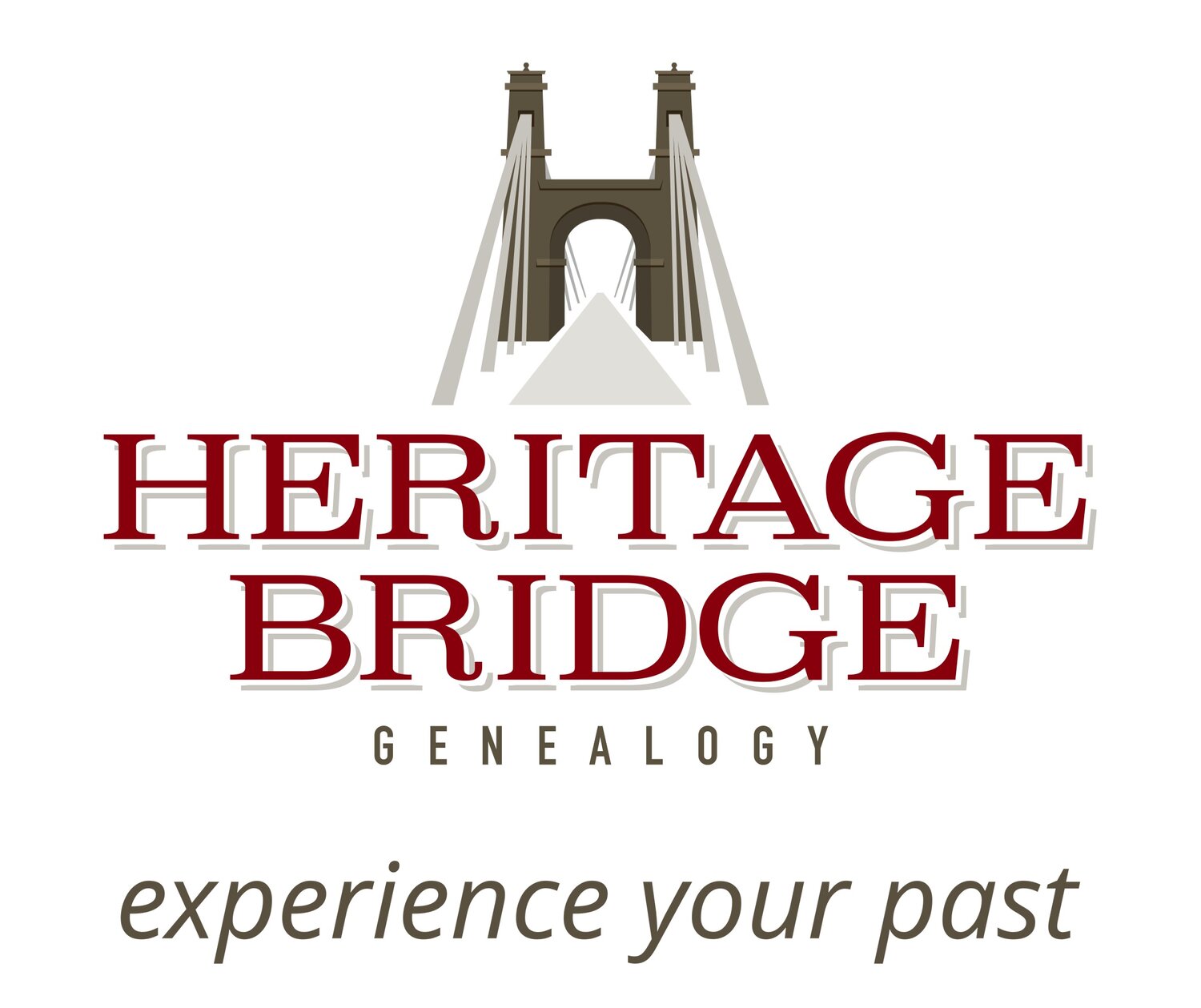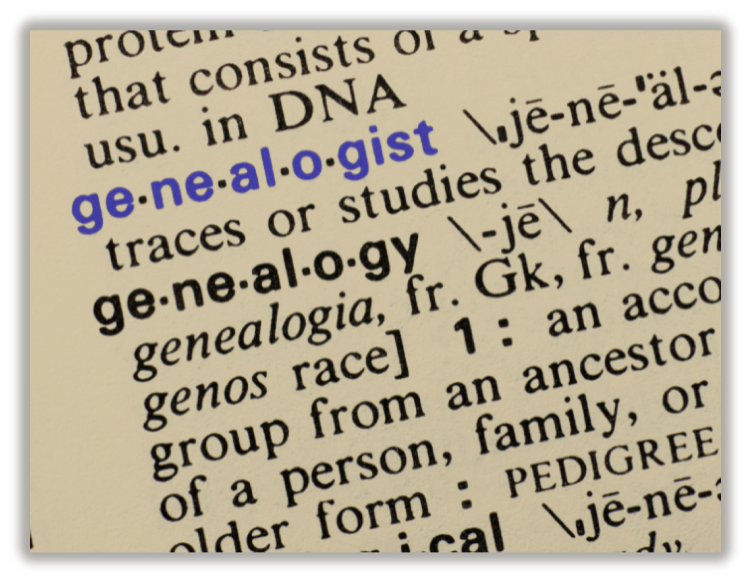Law Firms and Probate Genealogy
When a case presents the dilemma of identifying and locating heirs, a professional forensic (legal) or probate genealogist may be able to assist in a due diligence search. Trained in the study and structure of families and family history, a skilled genealogist knows how to locate quality evidence that can accurately connect generations and identify individuals.
What is Forensic Genealogy?
Forensic genealogy is simply the study of families for a legal reason. It uses the same types of records as traditional genealogy—probate, census, vital records, military, newspapers—and may include genetic information if necessary. Forensic genealogy is used to identify missing or unknown heirs, to identify potential guardians for a family, and in military repatriation cases. The key difference between traditional genealogy and forensic genealogy is that it moves forward in time rather than backward, with the goal of identifying living people.
Forensic Genealogist vs. Heir Searcher
The term “heir searcher” may be more familiar than “forensic genealogist.” The differences lie in three major areas: education and experience, credentialing, and whether the researcher has an interest in the outcome of the case.
A forensic genealogist, or probate genealogist, should first be an experienced genealogist. Forensic genealogy is one of the most difficult areas within genealogy, and skills in finding and evaluating evidence must be strong. This genealogist should have pursued educational opportunities such as institutes, conferences, and certificate programs. Genealogists who have reached the top of the profession likely hold a credential awarded from an independent organization that reflects the opinion of their peers. Finally, the ethical standards of professional genealogy work require that the researcher has no interest in the financial outcome of the case.
An heir searcher or heir finder identifies cases that have been filed and does enough research to potentially identify heirs. The heir searcher’s model is to reunite unclaimed funds or a potential inheritance with the proper owners and to generate revenue based on contingency fees. The research performed may not meet professional genealogy standards, and heirs may needlessly give up part of their rightful inheritance if an heir searcher reaches them before the attorney does.
Professional Genealogy Standards
A forensic genealogist should work to the standards of the profession. A key concept is the Genealogical Proof Standard, which was originally borrowed from the field of law, and measures the credibility of conclusions about identities, relationships, and life events. The Genealogical Proof Standard has five components, which cover research, writing, and documentation of work.[1] This standard strives to ensure that the research is as accurate as possible, which is critical when connecting generations and when the work has legal implications. Learn more about ethics and standards for professional genealogy at the Board for Certification of Genealogists website: https://bcgcertification.org/ethics-standards/
If you want to learn more or discuss a possible probate or other legal project, please reach out. Our genealogists working on probate genealogy have all had advanced training and experience, and we’d be delighted to assist you.
[1] Board for Certification of Genealogists, Genealogy Standards, 2nd edition (Nashville: Ancestry.com): 2019.


